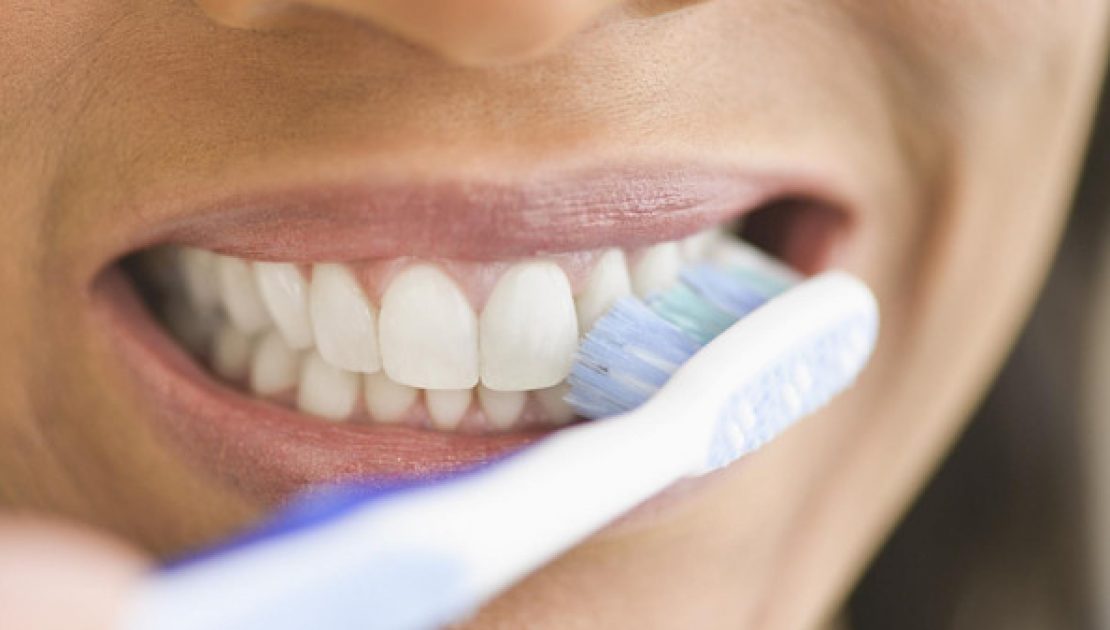

Caring for your teeth during pregnancy
Pregnancy comes with many changes and side effects. These may include, bleeding gums, strange and sweet cravings, altered taste sensation, morning sickness (that can sometimes go on for the day and beyond the first trimester), gag reflexes and changes in your dietary habits can all harm your oral health.
Clean your teeth thoroughly twice daily with an appropriate fluoridated toothpaste, with night-time brushing being the most important time. Use floss and interdental brushes to clean in between surfaces of teeth where toothbrushes can’t reach. This can prove difficult if you have a strong gag reflex as a result of pregnancy. It may help to change the time of day that you clean your teeth.
Alcohol-free mouthwash can also be useful if you have morning sickness, as rinsing with this or plain water will help to prevent the acid in the vomit from attacking your teeth. Brushing your teeth around an hour after being sick is recommended, as they will have softened by the acid in your vomit. Sometimes milder tasting toothpaste can help if the nausea is related to the flavour rather than brushing itself.
Hormonal changes in pregnancy can make your gums more sensitive to plaque, leading to swollen (inflamed) and bleeding gums, known as pregnancy gingivitis. Occasionally, some women will develop a localised swelling on their gum known as a pregnancy epulis, which usually resolves after childbirth. It may be that pre-existing gum problems become more evident during pregnancy, which your dentist will be able to help make an accurate diagnosis. Gum disease has been linked to preterm birth and low birth weight in some evidence, so more reason to clean your teeth effectively!
Dental care is free during pregnancy (with a valid maternity exemption card – ask your doctor, nurse or midwife for form FW8) and for one year after your baby is born. Make sure to inform your dentist that you are pregnant and be aware that some of your treatment options may be different during pregnancy or must wait until your baby is born. DoH advises that amalgam fillings shouldn’t be removed during pregnancy. Although there is no evidence that amalgam fillings are a health risk, these are not recommended during pregnancy or whilst breastfeeding.
Restrict the amount and frequency of sugary foods and drinks and try to keep them to mealtimes.
If you are hungry in between meals, try and snack on fruit and vegetables to avoid sugary and acidic foods. This might not always be possible, particularly if you have severe sickness and food aversions or cravings and are having to eat little and often. Having a healthy pregnancy takes priority, but when your sickness subsides, get back into a healthier regime.
Eat a healthy and balanced diet during pregnancy, making sure that you are getting all the vitamins and minerals that you and your baby need. Calcium is particularly important to produce strong bones and healthy teeth. Calcium, which can be found in milk, cheese, and other dairy products is a great way for healthy development. Top tip: cheese is great for teeth as it returns the mouth to a more neutral environment.
Stopping smoking whilst pregnant is highly recommended. This can reduce the risk of complications in pregnancy and birth, as well as smoking being one of the main causative factors in gum disease and oral cancers. Other procedures that are not recommended whilst pregnant or if breastfeeding is teeth whitening, dermal fillers, and anti-wrinkle injections.
It’s amazing to think that by 8 weeks pregnant, the tooth buds of baby teeth are distinguishable and by 20 weeks, the tooth buds of your baby’s adult teeth start to develop. Baby teeth start to come through at around 6 months, though in some cases, babies can be born with a tooth!
If you live in England, you can find details of how to find an NHS dentist at www.nhs.uk in the NHS Services section, click on ‘find a dentist’. If you can’t find a dentist accepting NHS patients, you should call NHS England’s Customer Contract Centre on 0300 311 2233. For other regions, please contact your local health board who will be able to direct you to the appropriate department.